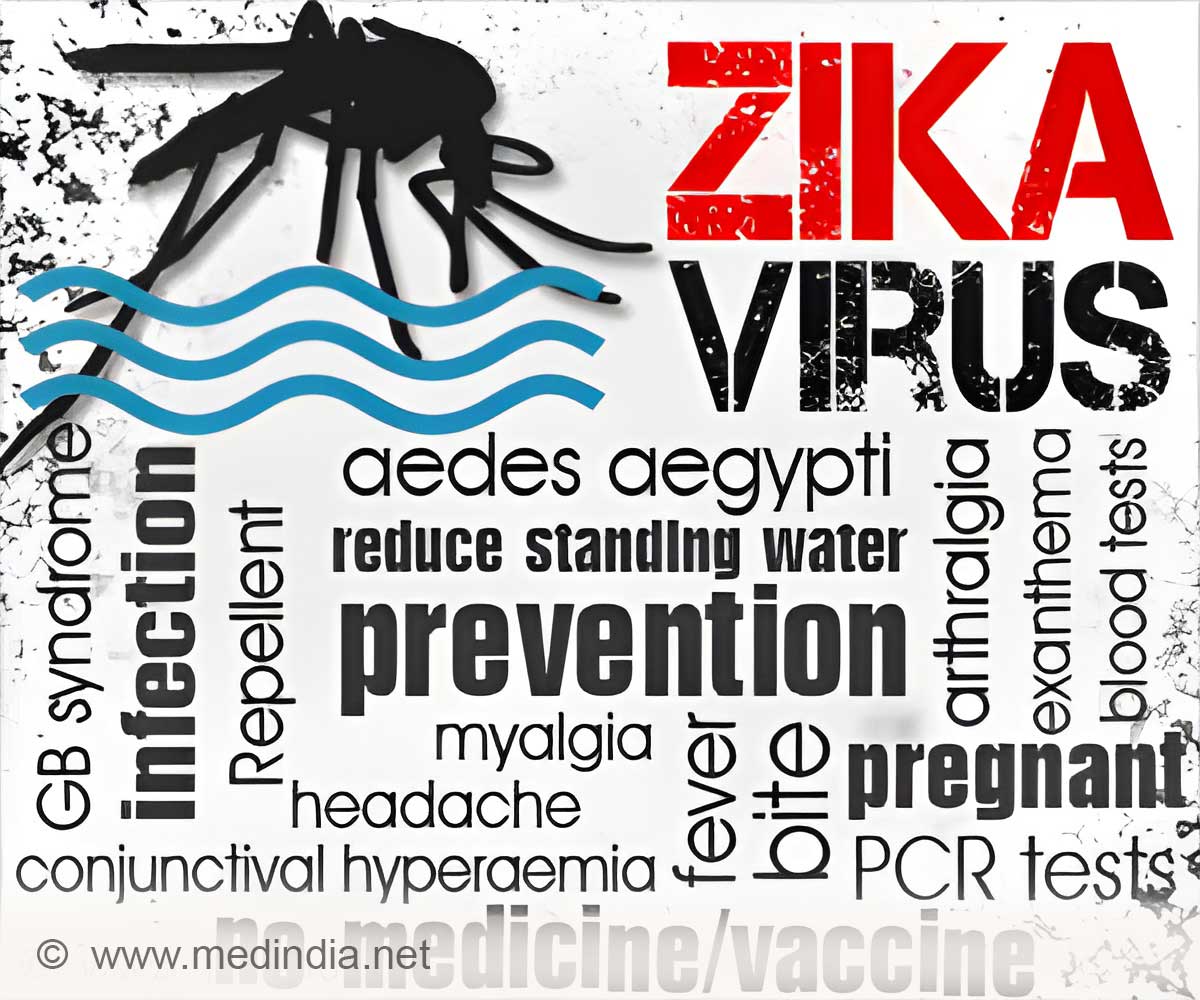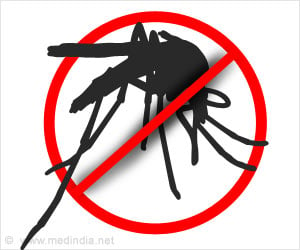Visitors arriving in Peru by air from Zika-infected countries were given condoms as part of a government campaign to curb the sexual transmission of the virus.

‘Visitors arriving in Peru by air from Zika-infected countries were given condoms as part of a government campaign to curb the sexual transmission of the virus.’





The measure follows Peru's announcement on the weekend of its first case of Zika contracted on its territory. A 32-year-old woman in the capital Lima caught the virus through sex with her partner, who was believed to have been infected on a recent trip to Venezuela. "That is why it's important to use condoms when somebody has sexual relations, especially if the woman is pregnant because that's when the risk is greatest," Peru's deputy health minister, Percy Minaya, told reporters.
She was at Lima's international airport on Tuesday watching as condoms and information pamphlets were handed to some passengers.
The health ministry plans to expand the operation to other airports in the country, as well as land border crossing points and seaports.
Peru's previous cases of Zika were all from people who had caught the disease in Brazil or Venezuela and returned home.
Source-AFP













